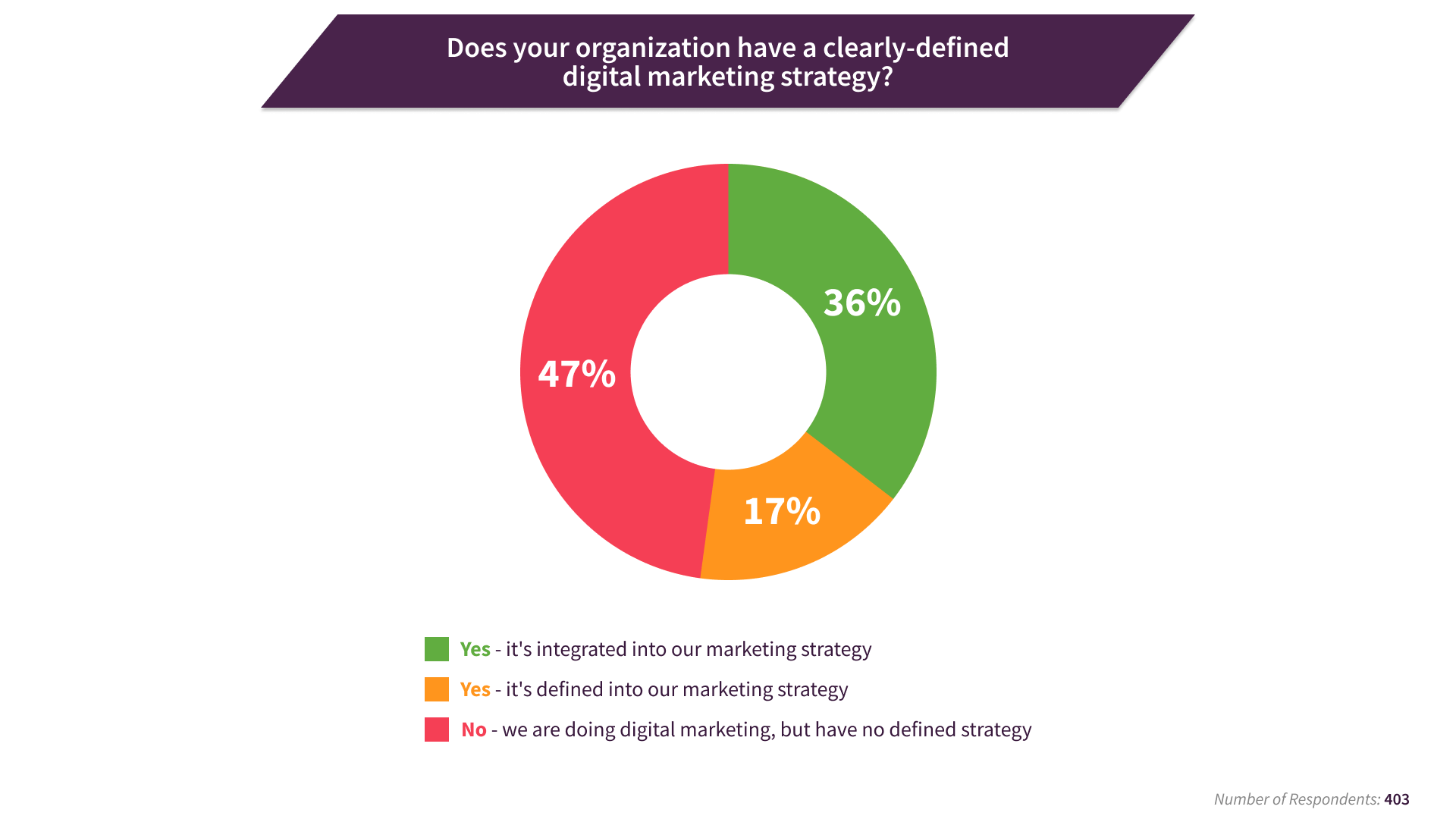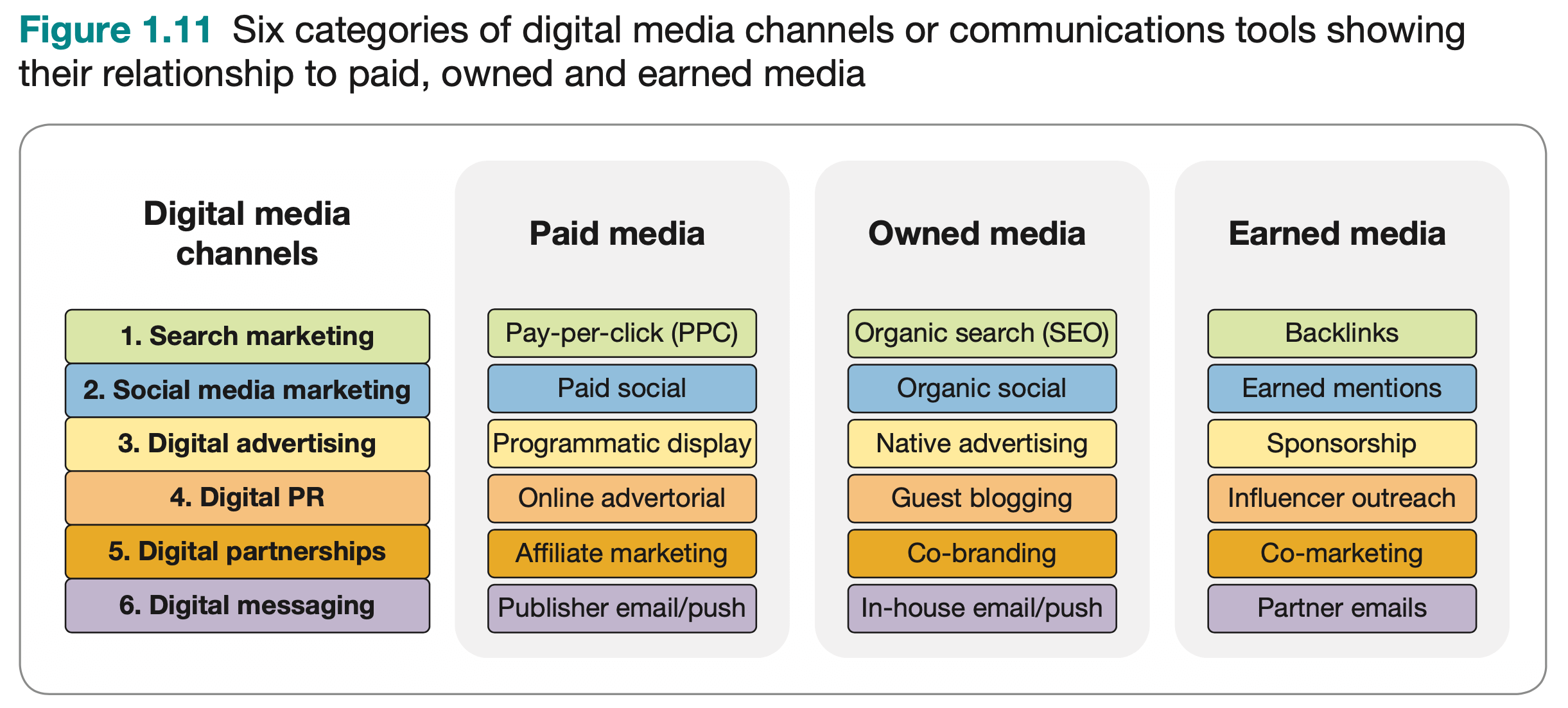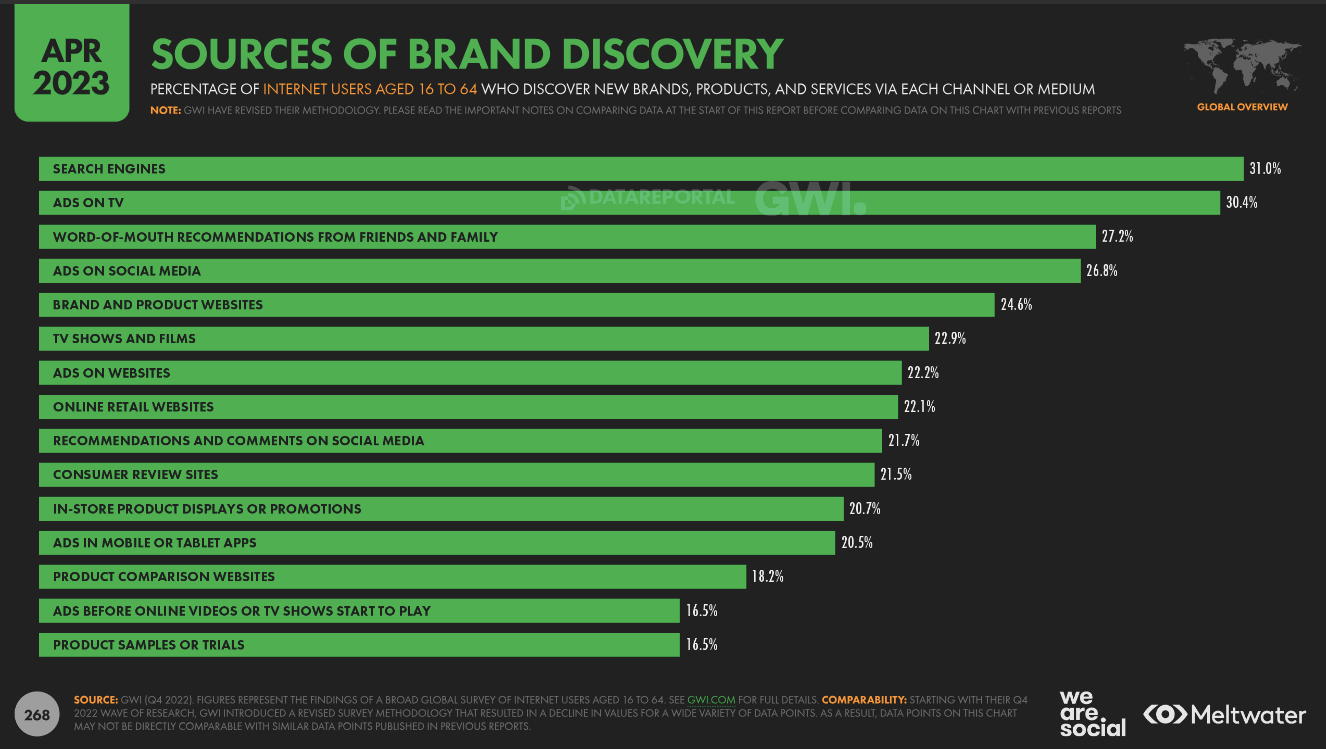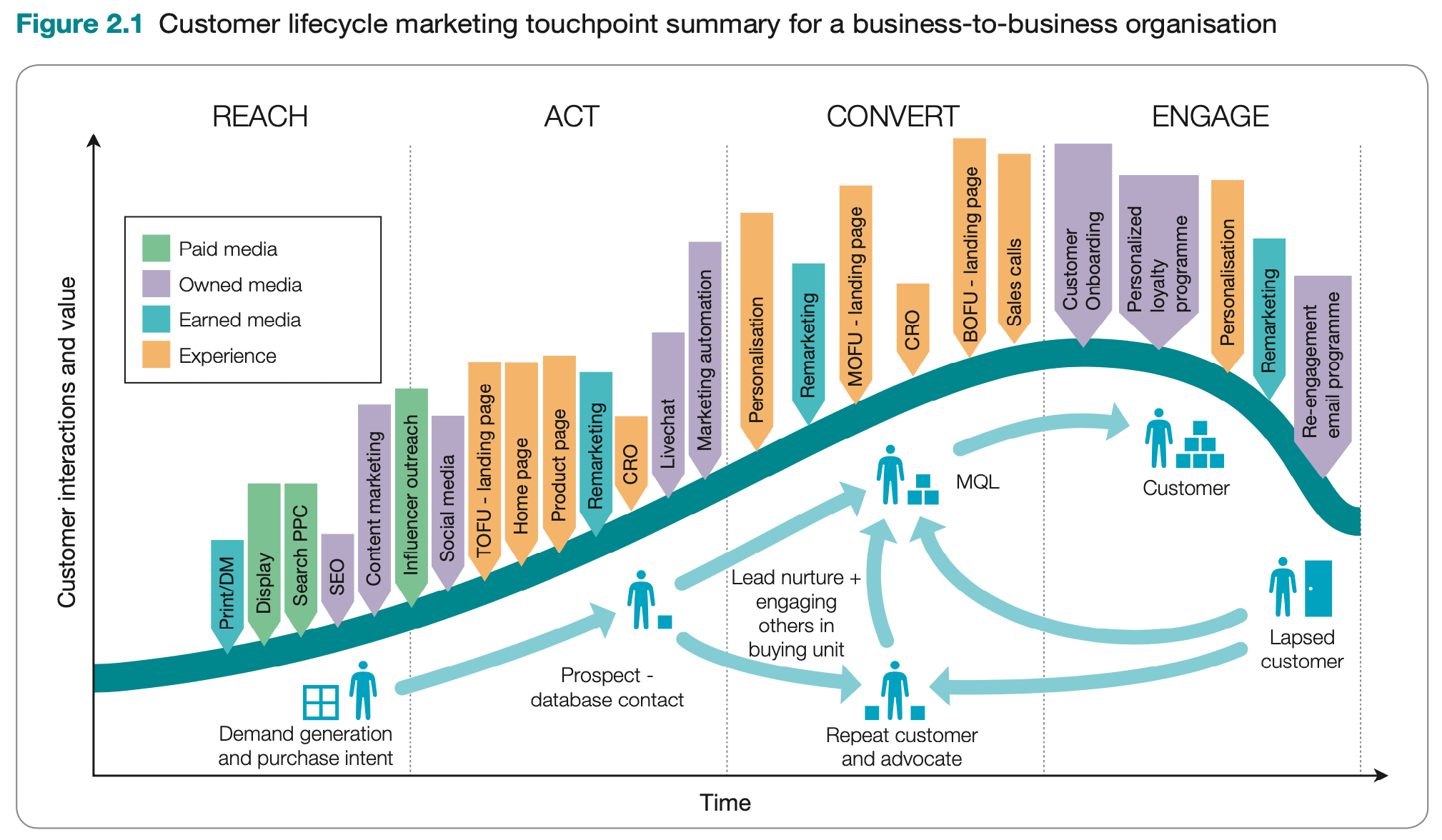The Reasons You Need a Digital Marketing Strategy
In today’s digital-first world, the landscape of business has undergone a monumental transformation. Traditional marketing methods are increasingly becoming obsolete, giving way to new, agile strategies rooted in the digital sphere. If your business has yet to carve out a distinct digital presence, you may be at risk of falling behind your competitors. Developing a comprehensive digital marketing strategy is not just beneficial; it is essential for any organization looking to succeed in this ever-evolving marketplace. In this blog post, we will explore in detail the myriad reasons why you need a digital marketing strategy and how it can serve as a cornerstone for your business growth.
1. Understand Your Target Audience
One of the foundational elements of a successful digital marketing strategy is a deep understanding of your target audience. Who are they? What are their needs and preferences? How do they behave online? Taking the time to answer these crucial questions can significantly impact the effectiveness of your marketing efforts.
importance of Knowing Your Audience
Understanding your audience allows you to tailor your messaging and offerings to meet their specific needs, thereby increasing engagement and conversion rates. Without this knowledge, your marketing campaigns may miss the mark, casting a wide net but catching very few fish.
How to Achieve This:
- Market Research: Conduct surveys, focus groups, and interviews to gather qualitative and quantitative data on consumer preferences. Tools like SurveyMonkey and Google Forms can help facilitate this process.
- Create Buyer Personas: Develop detailed profiles representing your ideal customers. Include demographics, psychographics, pain points, and buying behaviors. HubSpot’s buyer persona template can guide you in this process.
- Utilize Analytics: Implement tools like Google Analytics and social media insights to gain real-time data about your audience’s behaviors, preferences, and demographics.
By investing time and resources in understanding your audience, you will create more effective marketing strategies that resonate with your target demographic.
2. Drive Consistent Brand Messaging
Consistency is critical when it comes to brand messaging. Discrepancies can confuse consumers and dilute brand identity. A well-articulated digital marketing strategy helps ensure that your brand voice, visuals, and messaging remain consistent across various platforms.
Importance of Brand Consistency
Brand consistency builds trust and credibility with your audience. When customers receive uniform messaging throughout their interactions with your brand, they are more likely to develop a positive perception and remain loyal.
How to Achieve This:
- Develop Brand Guidelines: Create a comprehensive document that outlines your brand’s tone, style, visuals, and messaging dos and don’ts. This will serve as a reference point for your team and any external partners.
- Coordinate Across Channels: Foster collaboration among your marketing team to ensure that all campaigns, content, and messaging align with your overarching brand strategy.
- Regularly Review Content: Schedule periodic audits of your content and communications to ensure consistency. Use tools like CoSchedule to plan and review your editorial calendar.
With a coherent brand presence, your business can achieve higher levels of consumer trust and advocacy.
3. Enhance Customer Engagement, The reasons you need – a digital marketing strategy
Engaging your audience is paramount for fostering strong relationships and promoting brand loyalty. A digital marketing strategy allows you to connect with your customers through various channels, fostering ongoing interaction and engagement.
importance of Customer Engagement
Engaged customers are more likely to become brand advocates, encouraging others to try your products or services. According to a report by Gallup, companies with high levels of customer engagement witness a 23% increase in profitability.
How to Achieve This:
- Utilize Social Media: Leverage platforms like Facebook, Instagram, Twitter, and LinkedIn to share valuable content and actively interact with your audience. Create shareable content that encourages likes, shares, and comments.
- Email Marketing: Segment your email list based on customer behavior and preferences to send personalized campaigns. Services like Mailchimp and Constant Contact can assist you in this process.
- Create Interactive Content: Incorporate polls, quizzes, contests, and user-generated content to spark interest and encourage participation. Tools like Typeform can help create engaging formats.
Customer engagement enhances the overall experience, ensuring your brand remains top-of-mind when they are ready to purchase.
4. Leverage Data for Better Decision-Making, The reasons you need – a digital marketing strategy.
One of the most significant advantages of digital marketing is the ability to collect and analyze data. A strategic approach allows you to track performance metrics, measure ROI, and make informed, data-driven decisions.
The Power of Data in Marketing
Data provides insights that can inform every aspect of your marketing strategy—from content creation to targeting ads. Businesses leveraging data analytics see improved performance and higher ROI on their marketing campaigns.
How to Achieve This:
- Set KPIs: Identify Key Performance Indicators (KPIs) for your digital marketing campaigns—traffic, conversion rates, engagement rates, etc.—to measure effectiveness.
- Utility of Analytics Tools: Use tools like Google Analytics, SEMrush, or HubSpot Analytics to track and analyze user behaviors. Employ cohort analysis to understand how different audience segments interact with your content.
- Adapt and Optimize: Regularly review campaign performance and adjust strategies based on the data. Implement A/B testing to compare different approaches and determine which is more effective.
By continuously monitoring and utilizing data, businesses can make adjustments in real time, optimizing their strategies for better outcomes.
5. The reasons you need – a digital marketing strategy: Increase Online Visibility
In a crowded digital landscape, merely having a website isn’t sufficient; you need a strategy focused on Search Engine Optimization (SEO) and content marketing to enhance your online visibility. This ensures that your business appears prominently when potential customers search for relevant products or services.
importance of Online Visibility
Higher visibility leads to increased organic traffic, which, in turn, can lead to higher conversions. According to HubSpot, 75% of users never scroll past the first page of search results, highlighting the need for a solid SEO strategy.
How to Achieve This:
- Conduct Keyword Research: Identify relevant keywords and phrases your target audience is using in search queries. Tools like Google Keyword Planner, Moz, and Ahrefs can be valuable resources.
- Create High-Quality Content: Continuously publish valuable and informative content that addresses the needs and challenges of your audience. This not only improves SEO but also builds trust with your audience.
- Focus on Local SEO: If applicable, optimize your online presence for local searches by claiming your Google My Business listing and using location-based keywords.
By enhancing online visibility through SEO and valuable content, businesses can attract a larger audience and drive organic traffic to their sites.
6. The reasons you need – a digital marketing strategy: Cost-Effective Marketing
Compared to traditional marketing methods, digital marketing offers numerous cost-effective options that make it accessible for businesses of all sizes. A strategic approach allows you to allocate resources effectively and achieve maximum ROI.
Advantages of Cost-Effective Digital Marketing
Digital marketing channels often have lower entry costs than traditional methods, allowing small to medium-sized businesses to compete with larger enterprises without breaking the bank.
How to Achieve This:
- Choose Cost-Effective Channels: Focus on platforms that offer free or low-cost advertising, such as social media (Facebook, Instagram) and email marketing.
- Test and Optimize: Experiment with different ad formats, targeting options, and budget allocations to find the most effective configurations for your audience.
- Monitor Spending: Regularly review your marketing expenses and ROI to make data-driven decisions about budget allocations.
By focusing on cost-effective strategies, businesses can stretch their marketing budgets further while achieving significant results.
7. Stay Ahead of the Competition; The reasons you need – a digital marketing strategy
In an increasingly competitive marketplace, businesses must continuously adapt to changing dynamics. A well-defined digital marketing strategy equips you with the tools necessary to keep pace with—or even outpace—your competitors.
Importance of Competitive Analysis
Understanding your competitors enhances your ability to assess market trends, identify gaps in your offerings, and capitalize on opportunities others may overlook.
How to Achieve This:
- Monitor Competitors: Utilize tools like SimilarWeb or SEMrush to analyze your competitors’ digital strategies. Identify their strengths and weaknesses, and learn from their successes and failures.
- Embrace Innovation: Stay informed about emerging digital marketing trends—like voice search, artificial intelligence, or influencer marketing—to remain relevant.
- Regularly Update Your Strategy: Schedule periodic reviews of your digital marketing plan to ensure it aligns with current market conditions and consumer behaviors.
By remaining vigilant and adaptable, businesses can stay competitive and relevant in a rapidly changing digital landscape.
Datareportal Global Snapshot Report.
8. Facilitate Lead Generation and Conversion
A well-structured digital marketing strategy can significantly enhance lead generation and conversion rates. By reaching the right audience with tailored messages, you can efficiently convert leads into paying customers.
Importance of Lead Generation, The reasons you need – a digital marketing strategy
Effective lead generation is the process of attracting and converting prospects into potential customers. Without a proper strategy, you may miss crucial opportunities for conversion.
How to Achieve This:
- Create Compelling CTAs: Ensure your website and landing pages feature clear and persuasive calls-to-action (CTAs) that guide users toward the desired action, such as signing up for a newsletter or making a purchase.
- Optimize Landing Pages: A/B test different landing page designs and content to identify which version generates the highest conversion rates. Use heatmaps to analyze user interactions.
- Utilize Marketing Funnels: Implement a sales funnel that guides customers through the buying journey, from awareness to decision-making. Tailor your messaging at each stage to facilitate movement through the funnel.
By optimizing lead generation and conversion strategies, businesses can turn interested prospects into loyal customers.
9. Foster Long-Term Relationships
Digital marketing is not just about making immediate sales; it’s about building relationships with your customers over the long term. A strategic approach helps nurture these relationships, turning clients into brand advocates.
importance of Long-Term Relationships, The reasons you need – a digital marketing strategy
Establishing lasting relationships with customers fosters loyalty, encouraging repeat purchases and positive word-of-mouth referrals. Studies show that acquiring a new customer is five times more expensive than retaining an existing one.
How to Achieve This:
- Engage through Content: Create valuable content that keeps your audience informed and engaged. This includes blog posts, newsletters, videos, and more.
- Implement Loyalty Programs: Offer rewards and incentives for repeat customers to encourage ongoing relationships. Brands can utilize software tools to track customer purchases and reward their loyalty.
- Act on Feedback: Regularly solicit customer feedback through online surveys, social media polls, or direct inquiries. Show customers that you value their opinions by acting on their suggestions.
By focusing on relationship-building, businesses can benefit from increased customer loyalty and lifelong advocates.
10. Measure Success and Make Adjustments
Finally, one of the most significant advantages of having a digital marketing strategy is the ability to measure success and make adjustments as needed. This ongoing evaluation allows for continuous improvement and optimization.
Importance of Measurement, The reasons you need – a digital marketing strategy
Data-driven insights are crucial for understanding the effectiveness of your efforts. Measuring success ensures that resources are allocated to strategies that produce real results.
How to Achieve This:
- Use Analytics: Leverage analytics tools to track the success metrics of each campaign and platform. Monitor key metrics such as traffic, engagement, leads generated, and conversions.
- Conduct Regular Reviews: Schedule quarterly or biannual reviews of your digital marketing strategy, adjusting as necessary based on performance data.
- Stay Adaptable: Be prepared to pivot your approach in response to market changes, unexpected challenges, or evolving consumer preferences.
By measuring performance continuously, businesses can adapt their strategies to maximize effectiveness and ensure ongoing success.
Conclusion of The reasons you need – a digital marketing strategy.
In a rapidly evolving digital landscape, the importance of a robust digital marketing strategy cannot be overstated. Having a well-defined strategy is essential for ensuring your business not only survives but thrives in this competitive environment. From enhancing brand visibility to fostering customer relationships, the reasons to invest in a digital marketing strategy are numerous and compelling.
As you embark on your journey toward a more structured digital marketing approach, begin by assessing your current efforts, developing a comprehensive plan, and integrating data-driven decision-making into your processes. By doing so, you will position your business for long-term success, growth, and relevance in an increasingly digital-first world.


















